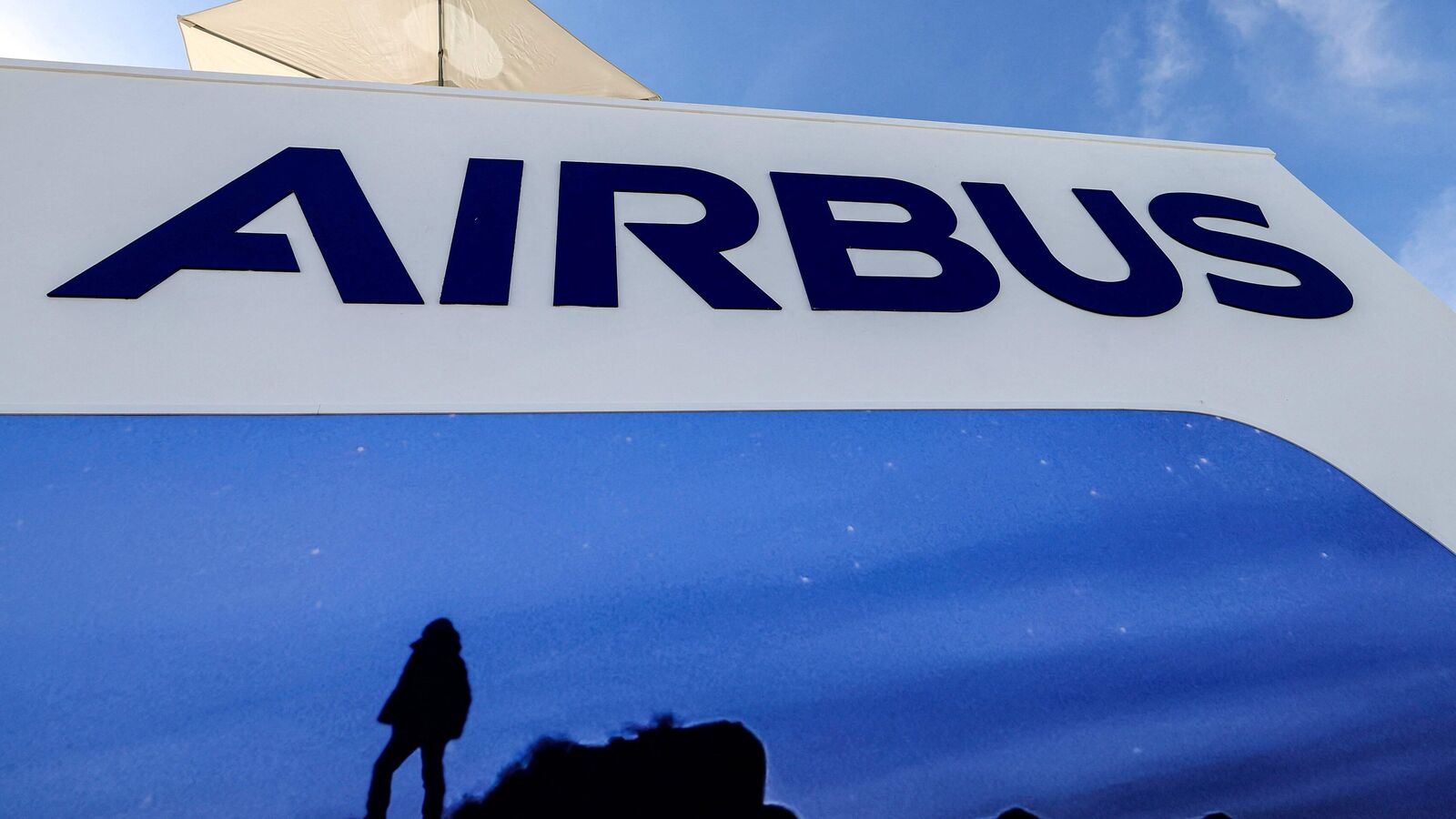Airbus Faces Challenges Amidst Rising Tariffs and Supply Chain Struggles
In a recent conference call discussing its first-quarter performance, Airbus CEO Guillaume Faury addressed the pressing issues surrounding tariffs on imported supplies for the company’s assembly operations in Mobile, Alabama. He highlighted the complexities of navigating these new fees as they impact both production and sales, emphasizing that the burden ultimately falls on customers when Airbus exports from Europe to the U.S.
Tariffs Complicate the Aviation Industry
Faury pointed out that the aviation sector is grappling with an evolving landscape of tariffs, which have been largely absent for decades. He stated, “While we are absorbing the costs of these tariffs on our imports, our U.S. customers face their own challenges when receiving exports from Europe.” This sentiment underscores the shared burden tariffs impose on both sides of the Atlantic.
- Airbus is actively seeking ways to alleviate the impact of these surcharges.
- The company is not willing to absorb the additional costs of tariffs, which has led to complications in its supply chain.
Navigating New Trade Realities
Faury expressed his concerns, stating, “These tariffs pose challenges not just for Airbus but also for the broader European and U.S. industries.” He advocates for a return to a tariff-free environment to foster a healthier market. To adapt, Airbus is exploring export opportunities beyond the U.S. market, particularly for airlines that operate internationally. This strategy involves collaborating with various customers and their networks to find viable solutions.
First-Quarter Insights and Future Outlook
In its first-quarter report, Airbus acknowledged that tariffs have introduced additional uncertainties into an already fragile supply chain still reeling from the effects of the Covid-19 pandemic. The company has set an ambitious target of delivering approximately 820 commercial aircraft this year. However, this goal comes with caveats, as it does not account for the potential impacts of tariffs or other disruptions in global trade.
- Deliveries are expected to be concentrated in the latter half of the year due to specific supply chain challenges.
- The company is particularly facing difficulties in sourcing engines for its narrowbody aircraft, which represent the majority of its deliveries.
Looking Ahead
As Airbus navigates these turbulent waters, it expects that the first half of 2025 will see a slowdown in production rates. This is largely due to the need to build aircraft that currently lack engines, delaying their delivery to airlines. The ongoing adjustments in response to tariffs and supply chain issues will be crucial for Airbus as it aims to stabilize its operations and meet customer demands moving forward.
In conclusion, the evolving landscape of tariffs and their impact on the aviation supply chain highlights the need for adaptability in a post-pandemic world. As Airbus continues to seek solutions, the industry watches closely to see how this will shape the future of air travel.











